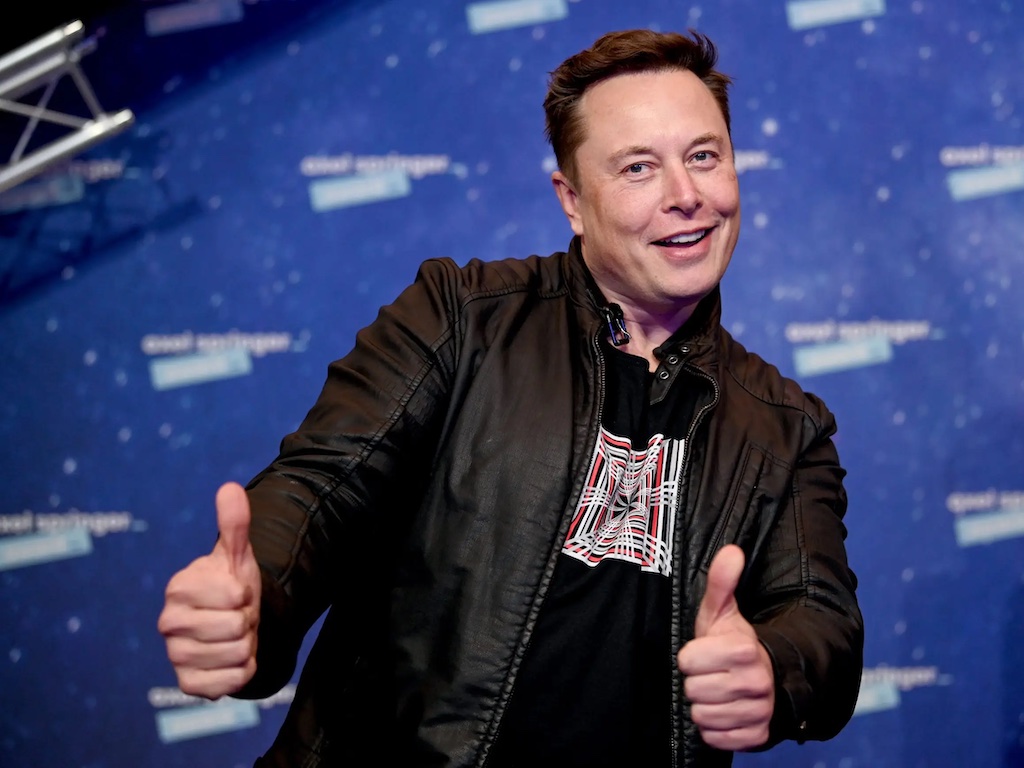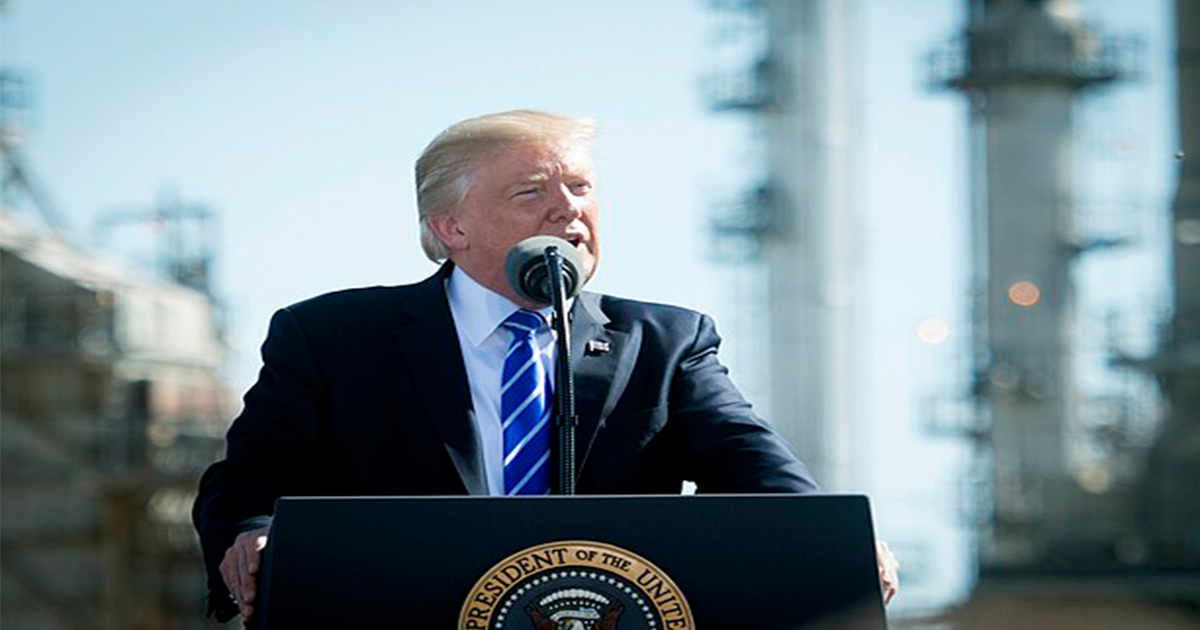Source: (Official White House Photos by D. Myles Cullen), Public domain, via Wikimedia Commons
Drill Baby Drill!
That was Donald Trump’s energy mantra throughout the entire election cycle.
It’s no secret that the president-elect believes US energy independence (fossil fuel-based energy) is critical for our economic success. Giving oil and gas companies a freer hand in producing would very likely lower energy prices and have a positive effect on the nagging inflation that’s been pounding Americans.
But his bias does not necessarily come at the exclusion of renewables.
While we’re many years away from renewable technology that could actually support our entire economy, that doesn’t mean the US can’t take a leading role in developing it. And if the country is going to do that, we’ll need to have secure access to the raw materials necessary to get it done.
Which poses a bit of a problem.
According to the Carnegie Endowment for International Peace:
Over the past decade, China has come to dominate this critical industry. Across every stage of the value chain for current-generation lithium-ion battery technologies, from mineral extraction and processing to battery manufacturing, China’s share of the global market is 70–90 percent.
Which puts the US (along with much of the rest of the world) at a serious disadvantage.
With Trump’s contentious attitude toward China, combined with Elon Musk’s inside track in his administration, it could mean we’re likely to see a more favorable attitude toward all the industries involved in this movement.
And that could be a boon for mining and metals investors. Let’s look at the factors that could easily make this kind of move a reality…
Why Trump Could Reconsider Green Energy
Giga factories in the US…
Thanks to roughly $110 billion from the IRA,
Today, 40 super-sized battery plants span the country in stages of construction that will soon employ up to 4,000 American workers and spark over 50,000 related jobs per site.
And 35 of those 40 are located in red states.
These battery plants are not only producing EV batteries, they’re also being produced for large scale energy storage. And part of the driving force behind these developments has actually been the falling price of lithium. (The lower price makes lithium-based batteries and the energy they store more affordable.)
But the success of these plants is almost entirely dependent on their being able to access the raw materials they need for production. And as we mentioned earlier, the US (along with most of the rest of the world) is hugely dependent on Chinese exports.
Benchmark Minerals estimates:
A mining renaissance, especially in mineral rich states such as Nevada, Arizona, Utah, and Idaho, would add a 10x multiplier to this entire battery mega-trend.
With the already waiting market being built at home, the best thing that a Trump administration could do would be something that Trump loves to do best… ease regulations.
Throughout his entire campaign, Trump has promised both lower taxes and to reduce the regulatory powers of federal bureaucracies across the economy. It’s not a stretch to think he’ll extend that attitude to the mineral mining industry. In fact, it was a priority during his last administration. Reuters reported in 2021…
(Reuters) – Outgoing U.S. President Donald Trump’s administration is moving to loosen mining regulations and green light new mineral projects before leaving office this month, with successor Joe Biden unable to reverse some of the changes.
The Elon Wild Card
Elon Musk definitely has interests in the mineral industry. His own Tesla Gigafactory 1 in Nevada is one of the biggest battery producers in the country right now.
Recently he was nominated, along with Vivek Ramaswamy, to head up the new Department of Government Efficiency (DOGE). Effectively their job will be to eliminate government waste and inefficiencies.

One major inefficiency they could easily target are the regulatory hoops that miners have to jump through in the US. (Permitting literally takes years.) Easing regulations there could be a boost for the industry and simply be viewed as an extension of policies Trump was already looking to implement. According to E&E News:
Musk’s input could help shape a nascent mining and processing industry in the U.S. that is attempting to pump out domestic EV battery metals like lithium and graphite.
Some might view any kind of action like this as self-serving on the part of Musk. But ultimately that “self-serving” action could work to the benefit of the entire industry and the country.




